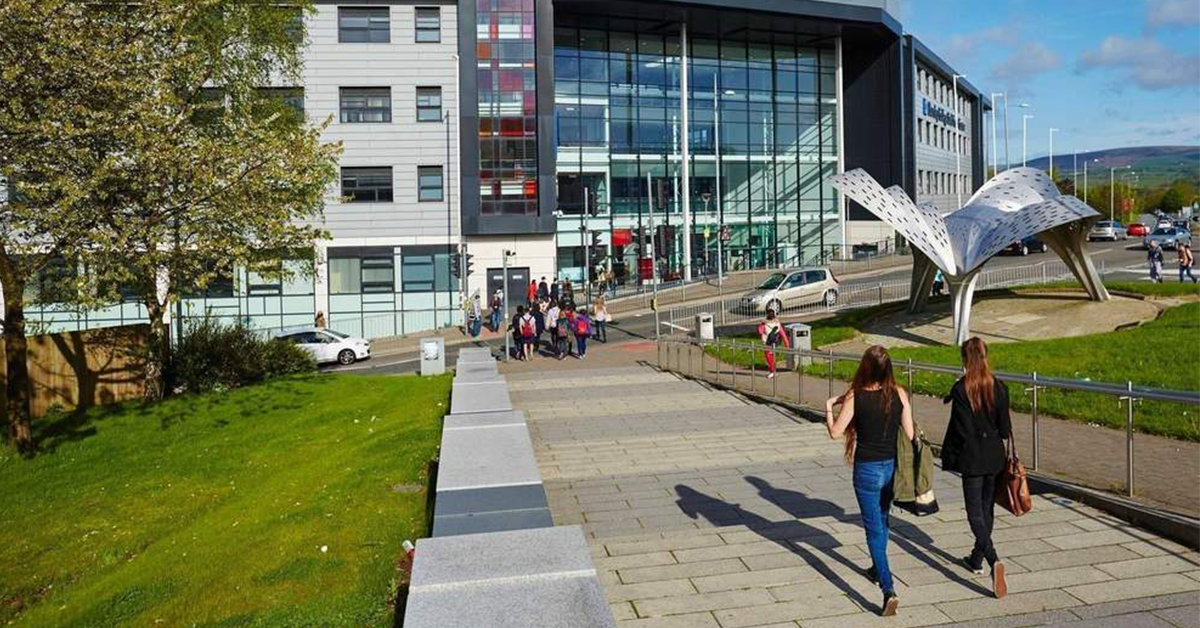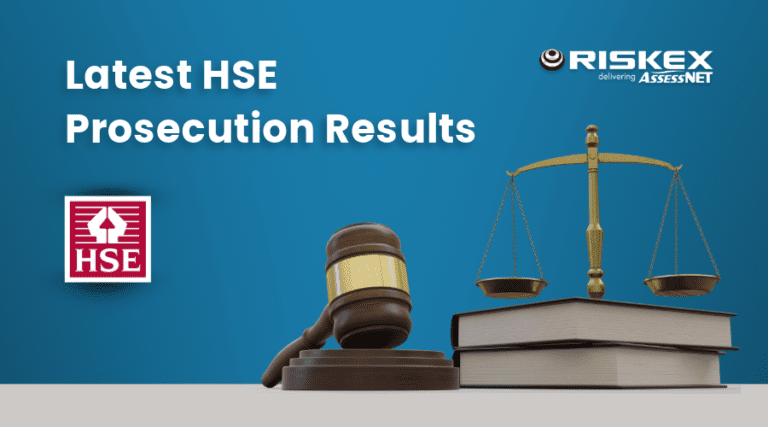Damning HSE investigation into Covid safety following death of teacher finds that ‘health and safety laws…were broken’
This is the first time an education sector employer has been issued with a formal notice in relation to Covid failings by the Health and Safety Executive (HSE).
The HSE is the government body that is responsible for the regulation and enforcement of workplace safety. It opened a fatality investigation into Donna Coleman’s death after University and College Union (UCU) raised Covid health and safety concerns with both the college and the HSE.
Donna, a longstanding UCU member, who worked with vulnerable students at Burnley College, sadly died in January 2021 after contracting Covid. Donna was just 42 years old and leaves behind family and friends. Donna had been working on-site at the college and prior to her death, UCU had rejected the college’s risk assessments in her working area because of inadequate Covid controls.
The HSE found the College was not taking all reasonably practicable measures to control Covid at the time surrounding Donna’s death.
Health and safety failings identified by the HSE include:
- A failure to meet social distancing and ventilation requirements within the office that Donna shared with two colleagues, one of whom also tested positive for Covid on 14 December 2020.
- A failure to meet social distancing requirements during meetings held within college with external parties.
- A failure to meet social distancing requirements during social activities held by the college on site. On 18 December 2020, Burnley College held a Christmas party for all staff members, despite the increasing number of Covid cases amongst staff.
- A failure to inform close contacts of those who tested positive. Staff were being encouraged not to report close contacts and staff and students were not notified if they were defined as a ‘contact’. In addition, people representing the Senator Group who visited Burnley College on 10 December 2020 were not notified by Burnley College that they were close contacts to Donna Coleman, who was confirmed positive on the 14 December 2020.
- A failure to monitor and enforce wearing of face coverings by some staff members and some senior managers.
Burnley College have been issued with a notification of contravention (NoC), which details how the health and safety laws were broken. The school will also have to pay a fee of an undisclosed amount in relation to the breaches.
Laura Snelgrove, HM Inspector of Health and Safety said: “Burnley College had failed to ensure, so far as is reasonably practicable, the health, safety, and welfare of their employees at work because they had not implemented necessary measures to prevent the spread of COVID19. Burnley College took steps in early 2021 to improve COVID-19 control measures.”
As there is no longer a requirement for all employers to consider Covid-19 in their statutory health and safety risk assessments, no further actions are required of the college at this point, the report stated.
The investigation concluded that the evidence presented as to whether Ms Coleman contracted the virus at work, or as a result of work activity is inconclusive. “It is impossible to conclude that from the evidence presented, on the balance of probabilities, that Donna Coleman’s exposure to Covid-19 took place within the workplace,” Ms Snelgrove said.
“The evidence does not present a specific, identifiable incident that led to an increased risk of exposure and there is no clear link between Donna Coleman’s work and exposure to Covid-19. The information gathered confirms that at the time when Donna Coleman tested positive for COVID19, the general levels of COVID-19 infection within the community was very high.”
UCU, alongside Donna’s family, is pursuing the HSE’s appeal mechanism after the health and safety body concluded that regardless of the significant safety failings, Donna was more likely to have contracted Covid through community transmission, rather than her work at Burnley College.
UCU general secretary Jo Grady said: ‘The Health and Safety Executive has found numerous instances where Burnley College failed in its duties to protect the safety of its staff and students during the deadly second wave of Covid.
‘Whilst the HSE was not able to find that Burnley’s failings directly caused Donna’s death, it is clear that the college endangered the lives of staff and students. The college should not need a year-long investigation to address basic failings like refusing to allow staff to self-isolate when it was a legal requirement, or to realise that it is incredibly reckless to push ahead with a Christmas party during a pandemic.
‘Many workers have lost their lives to Covid and today our thoughts remain firmly with Donna’s family. We hope that the HSE investigation is a stark reminder to employers that they need to take workplace safety seriously and engage with unions when we raise health and safety concerns. The risk of not doing so is too great.’
At the outset of the pandemic, the team at Riskex recognised the need to help employers to keep their people safe, so we built a Covid-specific health reporting tool, Safe2Day.
Designed as a simple data collection tool, Safe2Day has a daily email reminder linked to a health questionnaire feeding into a management dashboard. This award-winning solution was designed to help maintain Covid-secure operations, address employee “Covid-anxiety” and stop transmission at source. Over time it evolved to encompass employee health surveillance, contact tracing, case management, and vaccination recording.
Early in the pandemic, Riskex approached the HSE with a request to help deliver Safe2Day, free of charge, to every organisation in the UK, thanks to sponsorship support from Rackspace.
Riskex remains disappointed that the HSE rejected the offer and refused to support the project, despite Safe2Day being offered free of charge, and designed to help organisations comply with the Covid regulations at the time.
Donna Coleman’s case highlights just one tragedy that the pandemic brought to thousands of working families. The question is, how many of those could have been prevented with insights delivered by the right data management?













